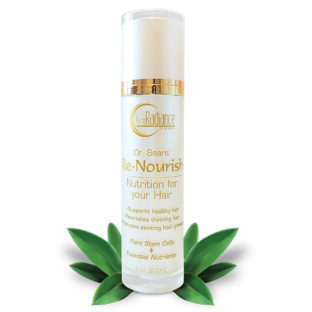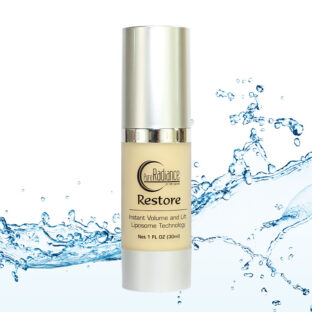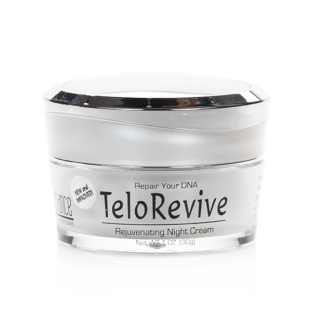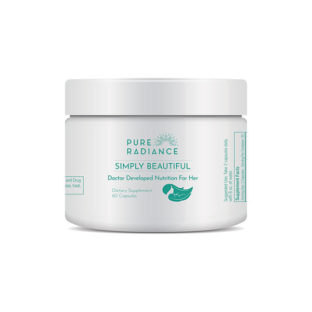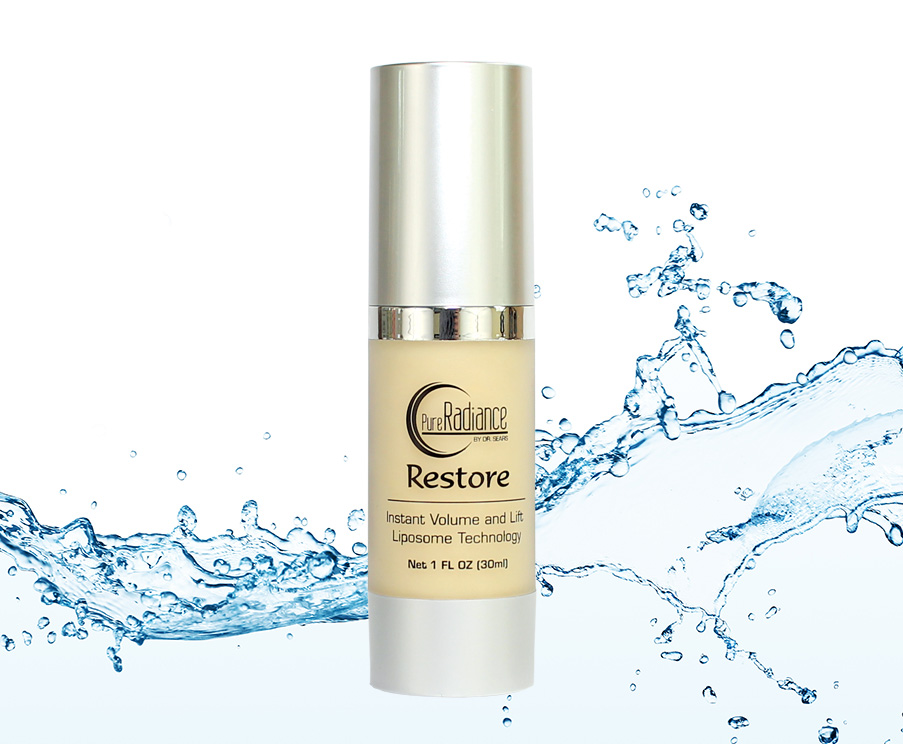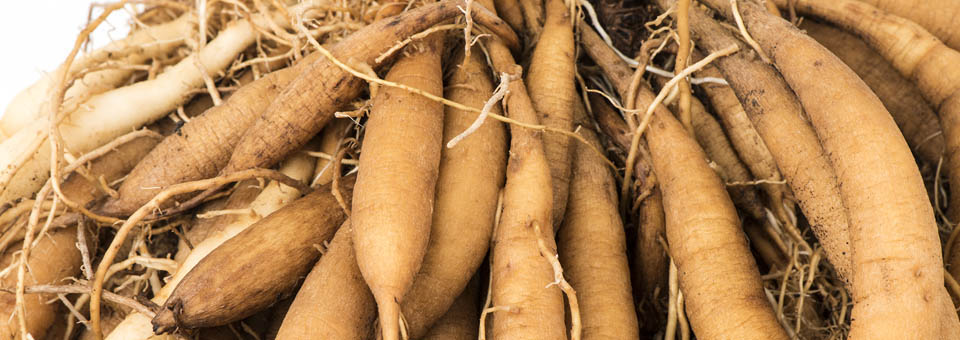
My menopause patients don’t like to talk about one of their most embarrassing symptoms.
But this condition keeps them up at night. It makes walking and even sitting torture.
I’m talking about vaginal dryness.
The biggest problem isn’t the pain… Constant itching and burning can interfere with your sex life. And that can destroy relationships.
Your doctor might try to talk you into hormone replacement therapy. Don’t let them…
You see, HRT “therapy” isn’t therapy. And what they’re giving you isn’t a real hormone. It’s a synthetic drug that comes from the urine of pregnant horses.
It pumps you full of fake estrogen.
Most doctors will tell you that your menopause symptoms are a result of a drop in your estrogen levels. But for most women, too little estrogen isn’t the problem. It’s too much.
Our modern environment is saturated with estrogen mimickers. These “alien” estrogens flood your body and destroy the delicate balance between estrogen and progesterone.
During menopause, progesterone levels can fall to almost zero. When I test women in my clinic, I often find their progesterone levels are barely detectable.
The production of vaginal fluid depends on the proper estrogen-progesterone ratio.
You have glands in your womb that produce a fluid that keeps the vagina moist. The fluid production is dependent on the proper hormonal balance. When these hormones are out of whack, the walls of your vagina become thin and dry.
You can buy lubricating gels, but they work only for a short time. They don’t restore and thicken vaginal tissues.
I help my patients relieve vaginal dryness with an ancient Indian herb. It’s called shatavari in Sanskrit. Ayurvedic medicine calls it the Queen of Herbs. We know it as wild asparagus root.
This herb is cooling and soothing. It can help moisturize and ease delicate vaginal tissues. It nourishes female organs.
For women in menopause, shatavari is also a powerful ally in balancing your hormones. Besides vaginal dryness, it relieves hot flashes, night sweats, anxiety and memory loss.
Animal studies confirm the root of this plant can naturally bring your hormones back in balance.1
Younger women use shatavari to enhance their fertility, relieve morning sickness, and increase the flow of breast milk. And this herb is so powerful in boosting libido, its Sanskrit name translates to “she who has 100 spouses.”
Shatavari also boosts a woman’s overall vitality.
It supports the adrenal glands, increases energy and strengthens the immune system. It treats fevers, colds and bronchitis. It improves mental function, slows aging and cools inflammation. It helps fight stress, diabetes, diarrhea, ulcers and tumors. The list goes on and on.2
You probably won’t find fresh shatavari in the U.S. But you can get it in powder or capsule forms. You might see it sold under its Chinese name “Tian Men Dong.”
Ayurveda practitioners recommend mixing the powder in warm milk or ghee (clarified butter). I also suggest mixing one or two teaspoons in your morning yogurt or smoothie.
Asparagus root is also available as a tincture. Take about 3 to 5 ml (about 1 dropper full) three times a day. Or you can take 3 to 10 grams per day in capsule form.
To Your Good Health,
![]()
Al Sears, MD, CNS
1. Alok K., et al. “Asparagus racemosus – Wonder Plant.” International Journal of Advanced Research. 2014:2(4)1039-1045.
2. Alok S, Jain SK, Verma A, Kumar M, Mahor A, Sabharwal M. “Plant profile, phytochemistry and pharmacology of Asparagus racemosus (Shatavari): A review.” Asian Pacific Journal of Tropical Disease. 2013;3(3):242-251.


